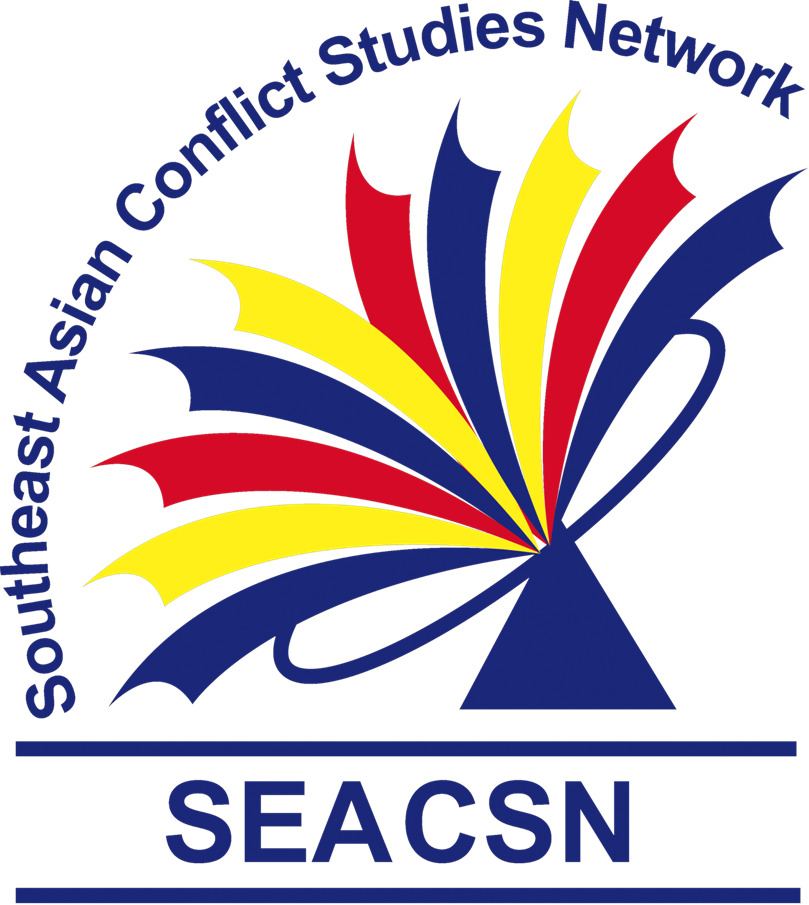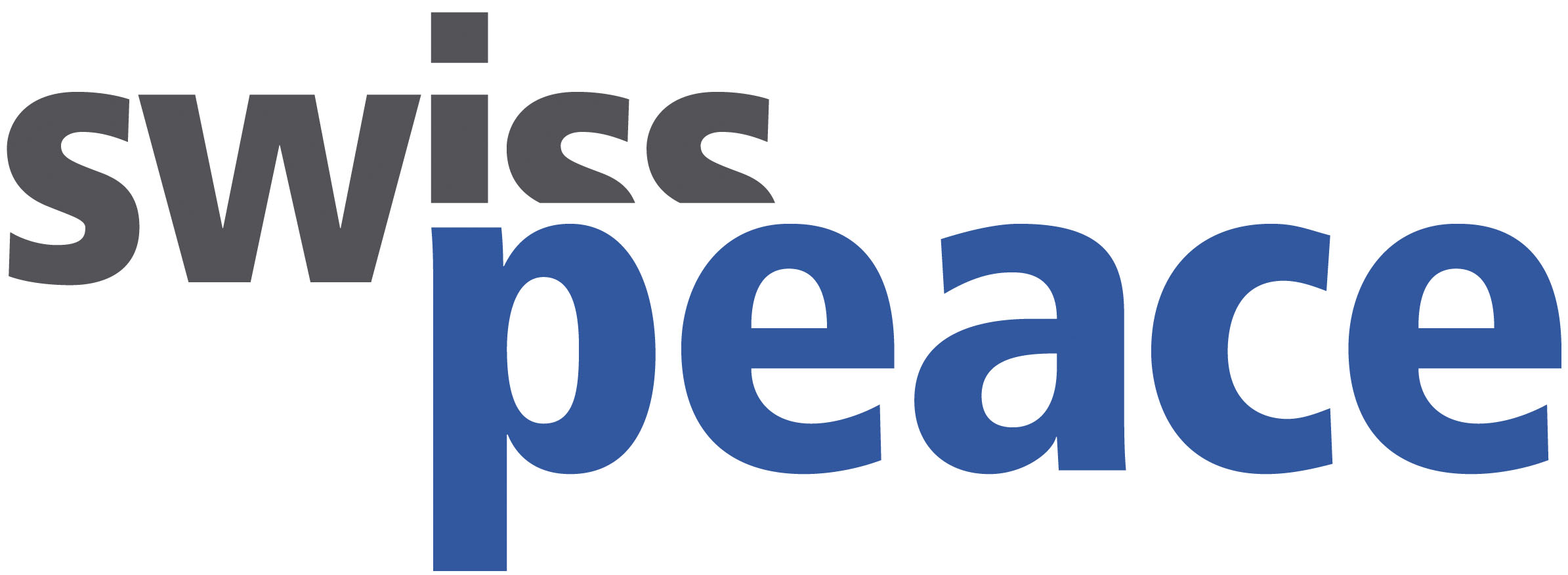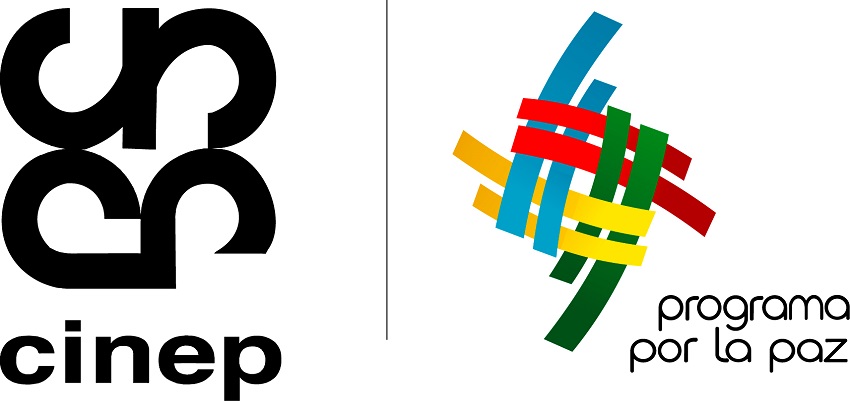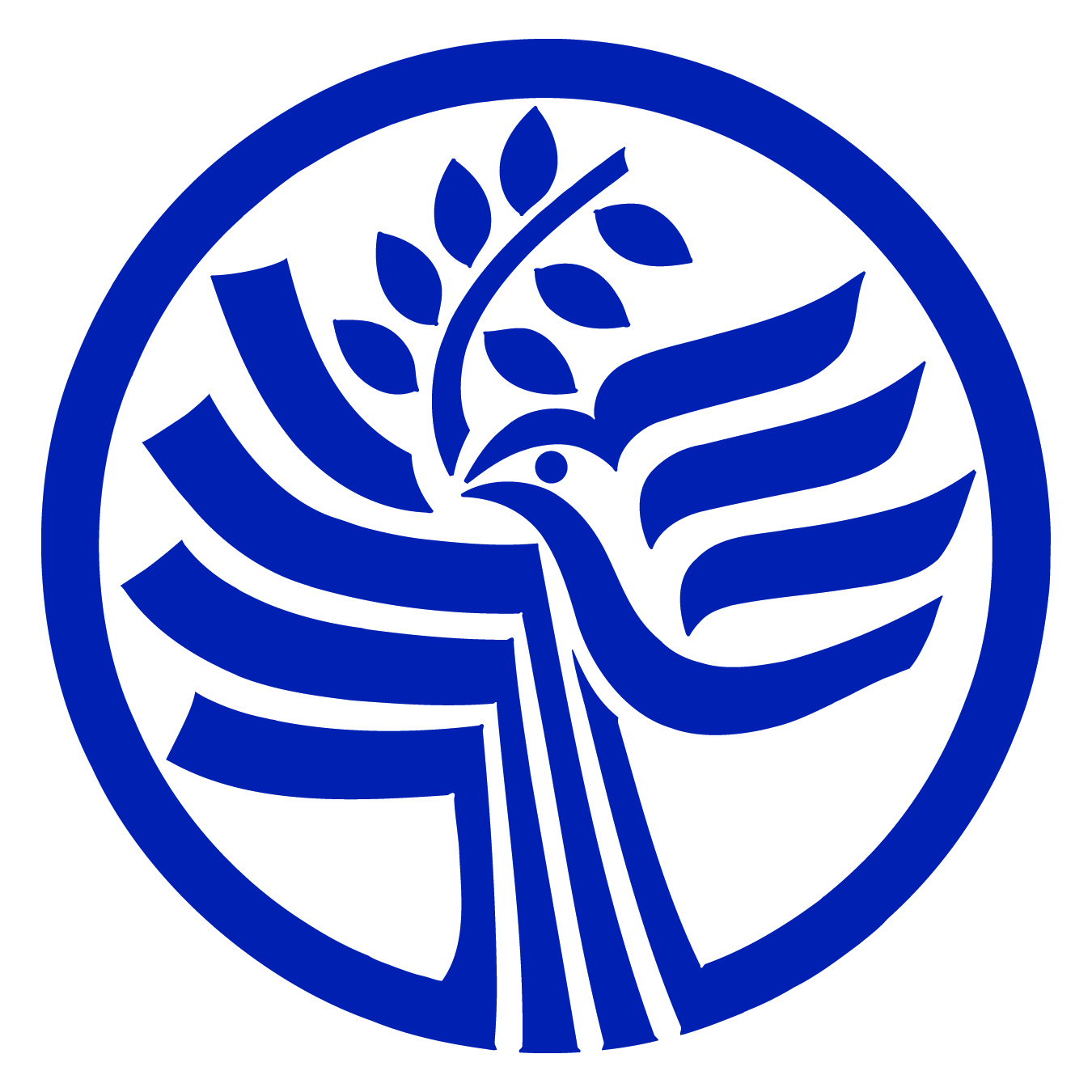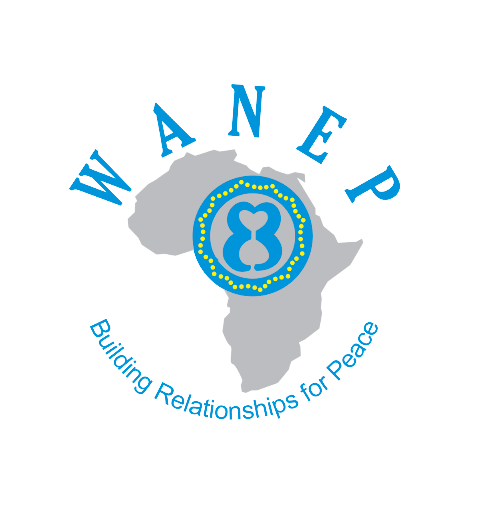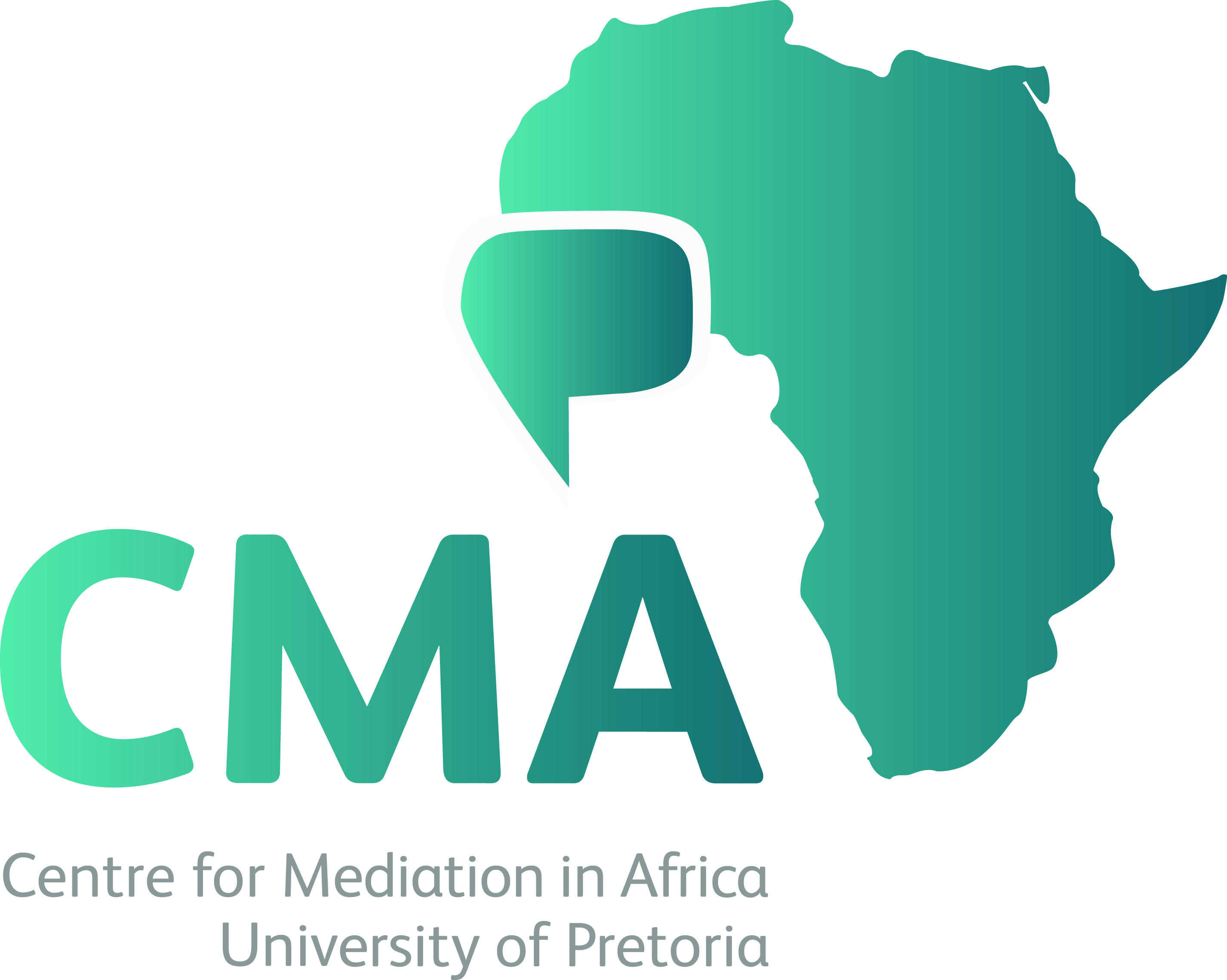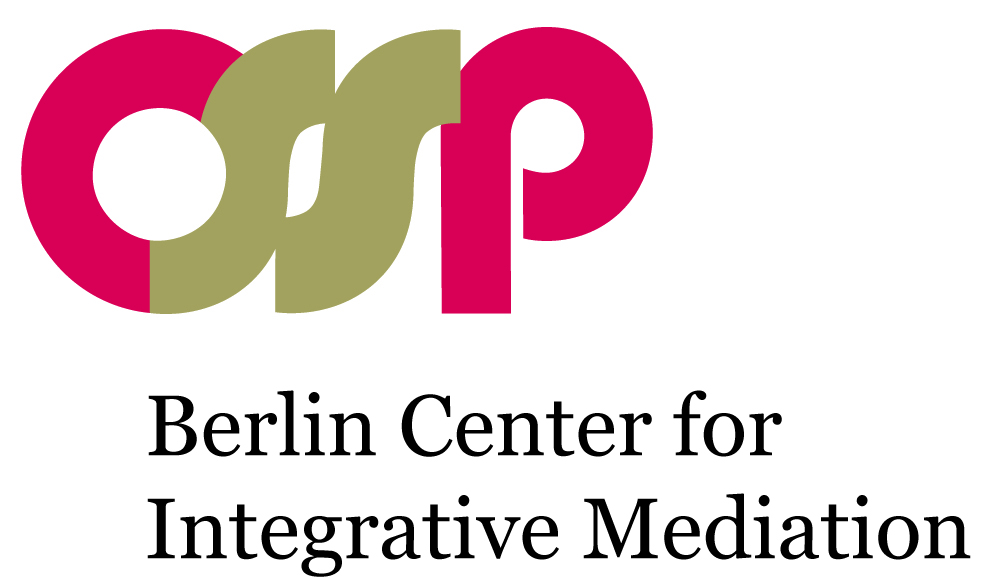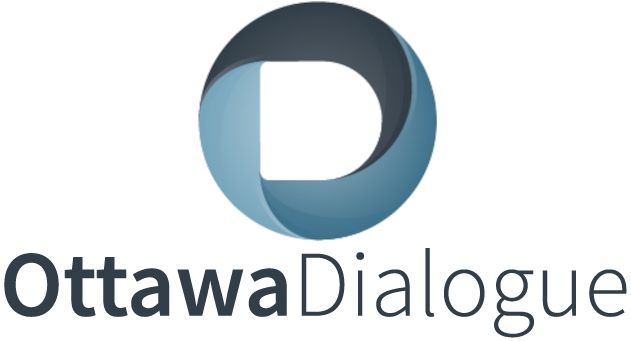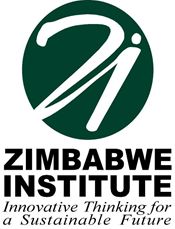The Mediation Support Network (MSN) is a global network of primarily non-governmental organisations that support mediation in peace negotiations. MSN members meet annually to exchange lessons learnt and explore areas for collaboration; the Mediation Support Unit (MSU) is a member.
Mission
The mission of the MSN is to promote and improve mediation practice, processes and standards to address political tensions and armed conflict. Furthermore, the MSN connects different mediation support units and organisations with the intention of:
- promoting exchange about planned and ongoing activities to enable synergies and cumulative impact;
- providing opportunities for collaboration, initiating and encouraging joint activities;
- sharing analysis of trends and ways to address emerging challenges in the field of peace mediation.
History
The MSN was established in September 2008 and convened for the first time in Switzerland. Since then, the MSN has grown with new member organizations (especially from the Global South) joining the initiative.
In 2023, MSN members met online to discuss the UN ‘Guidance on Mediation of Ceasefires’ and produced a short commentary (external link) capturing the discussion.
Also in 2023, MSN members similarly discussed and commented (external link) the UN DPPA Practice Note on ‘’The Implications of Climate Change for Mediation and Peace Processes”.
In 2017, the MSN developed the report, Translating Mediation Guidance into Practice: Commentary on the Guidance on Gender and inclusive Mediation Strategies (external link), to critically discuss the UN DPPA Guidance on Gender and Inclusive Mediation Strategies.
In 2013, the Mediation Support Network (MSN) developed the report, Translating Mediation Guidance into Practice: Commentary on the UN Guidance for Effective Mediation (external link) with a foreword by Jimmy Carter, to expand on the UN Guidance for Effective Mediation and provide examples of mediation practice in conflicts around the world.
More MSN Discussion Points (external link)
Members
(Images link to external websites of the different organizations. The United Nations does not bear responsibility for the validity of the content.)











